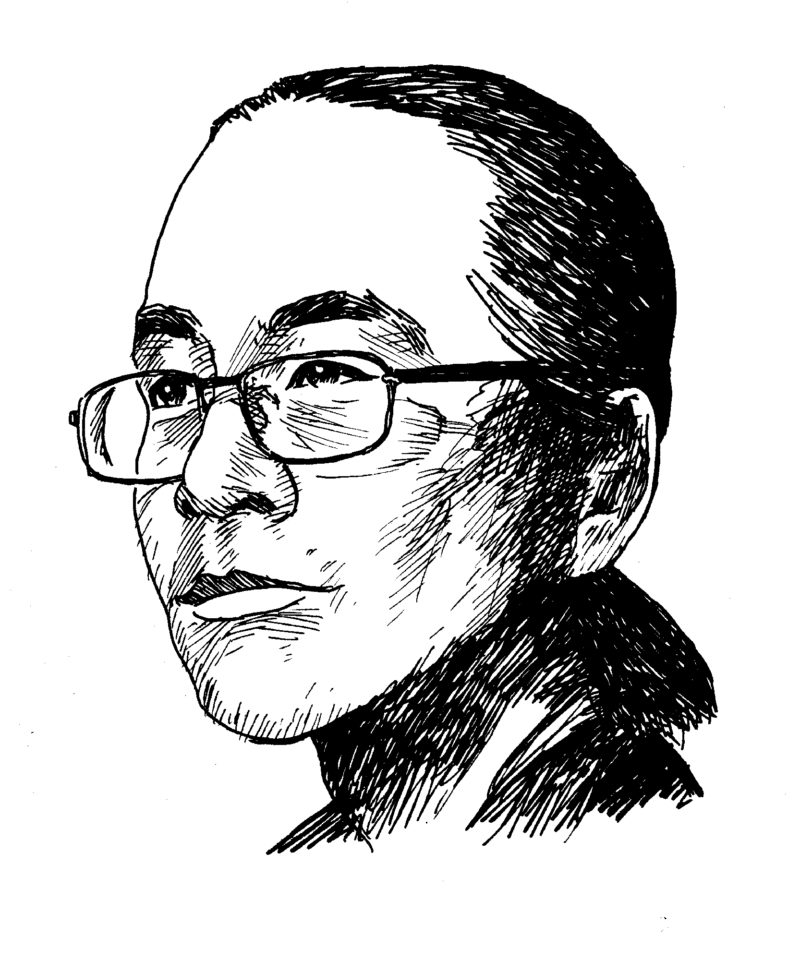“I write short stories at very long intervals,” Ted Chiang stresses to me, thrice, during our initial conversation. “That is no way to make a living as a writer.” Despite this, the fifty-two-year-old author does in fact make a living writing such stories in such spans of time, crafting remarkably poignant, thoughtful science fiction that, at times, resembles Borges filtered through Black Mirror, but with a thrilling sense of revelation, hope, and beauty that is all his own. “He would tell them about the shape of the world,” Chiang writes in one story, a line that could serve as a kind of personal directive. Readers have been listening. Despite having published only two story collections’ worth of fiction—2002’s majestic Stories of Your Life and Others and 2019’s celebrated Exhalation—Chiang has won nearly every major award science fiction has to offer: four Nebulas, four Hugos, four Locus Awards—twenty-seven wins out of a whopping fifty-six nominations. Even his non-wins are noteworthy: there is a story passed among Chiang-heads about how he once turned down a Hugo nomination because he considered the work unfinished.
Chiang was born in 1967 in Port Jefferson, New York, an hour’s train ride from Midtown Manhattan. The eldest son of college-educated Chinese immigrants from Taiwan—his father is an engineering professor, his mother was a librarian—he attended the famed Clarion Workshop in 1989 to study science fiction, which he described to me as “a life-changing event.” Not long after, he published his debut story, “Tower of Babylon,” an extraordinary reimagining of the Tower of Babel myth that follows a group of Elamite miners hired to crack the Vault of Heaven. Described occasionally as a science fiction writer’s science fiction writer, Chiang had his biggest breakthrough in 2016, when “The Story of Your Life,” originally published in 1998, was adapted into the acclaimed Denis Villeneuve–directed film Arrival. The story centers on a linguist tasked with communicating with an ominous group of cephalopod-ish alien visitors. Chiang’s renown continues to grow. Barack Obama included Exhalation on his 2019 summer reading list, hailing it as “the best kind of science fiction.”
I met Ted Chiang in January 2019 at a sushi restaurant outside Seattle, where he has lived since taking a job at Microsoft to write technical manuals, an occupation he has freelanced until recently, and one, he tells me, to which he still expects to return. That winter afternoon, I arrived to find him already there, hands folded behind his back as he observed the lily-padded waterfront in calm reverie. The venue had been his suggestion: it would be quieter for conversation than his preferred restaurant, a bustling local ramen joint. For...
You have reached your article limit
Sign up for a digital subscription and continue reading all new issues, plus our entire archives, for just $1.50/month.
Already a subscriber? Sign in





